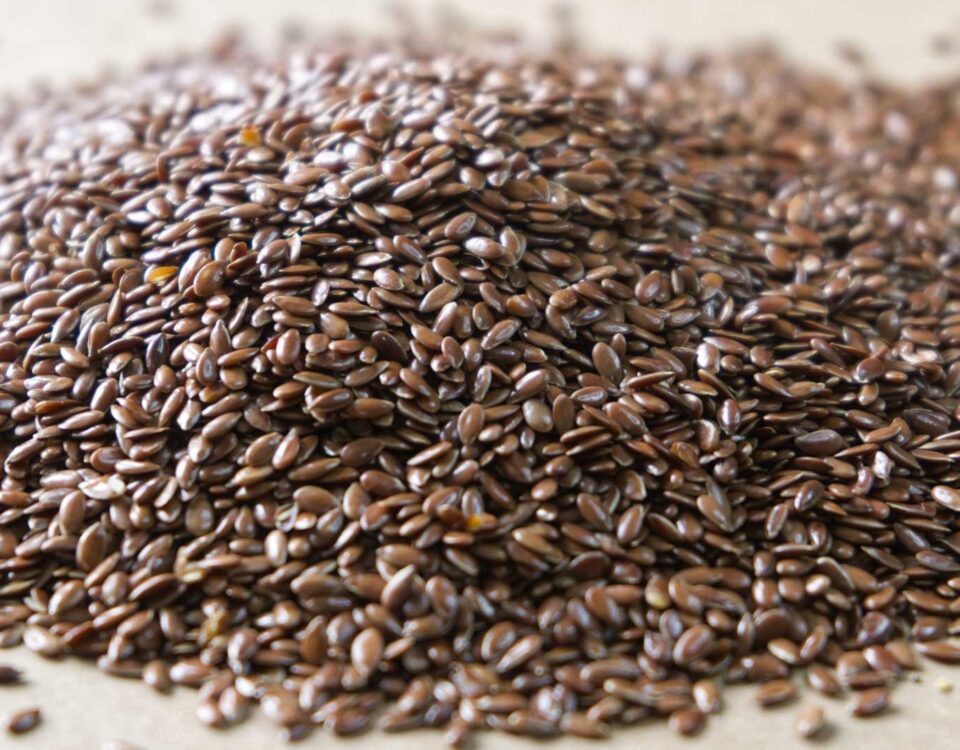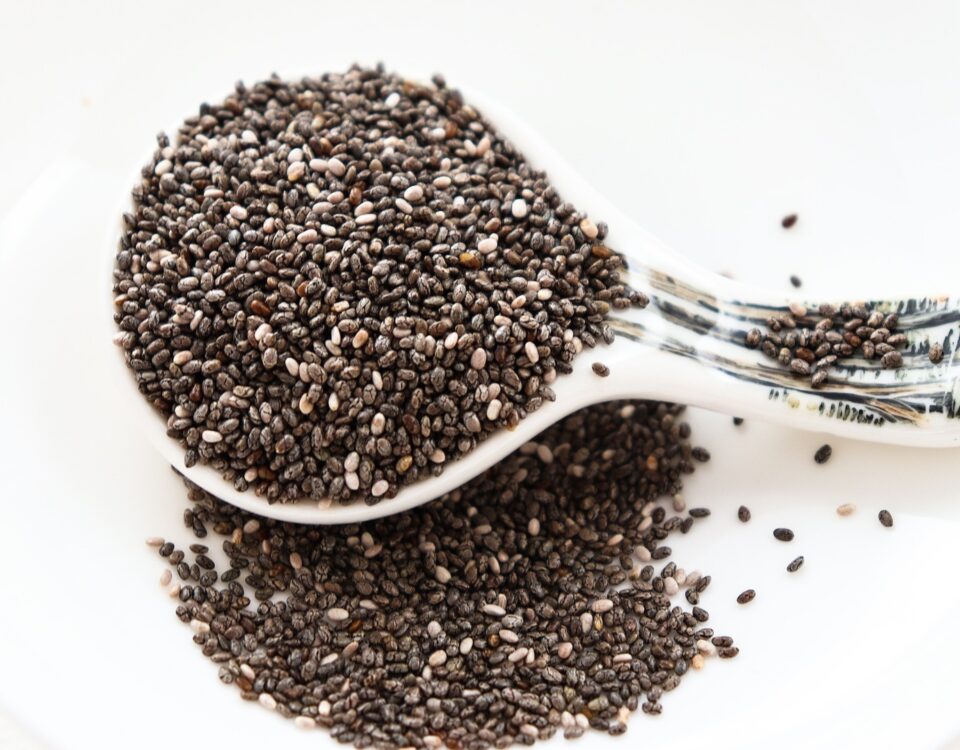
Chia Seeds
February 22, 2023
Flex seeds
February 22, 2023Green tea is native to China and has been consumed for thousands of years for its medicinal properties and cultural significance. Today, green tea is grown in many countries, including Japan, India, and Sri Lanka, and is consumed worldwide.
Green tea is known for its high antioxidant content and potential health benefits, which may include reducing the risk of certain types of cancer, improving brain function, promoting weight loss, and reducing the risk of heart disease. Green tea also contains caffeine, although the amount is generally lower than that found in coffee or black tea.
Best types of green tea
There are several different types of green tea, each with its own unique flavor and aroma profiles. Here are some of the most popular and widely available types of green tea:
Sencha: Sencha is one of the most consumed types of green tea in Japan. It has a grassy, vegetal flavor and is typically brewed using water that is slightly cooler than boiling.
Matcha: Matcha is a powdered form of green tea that is made from whole tea leaves. It has a rich, smooth flavor and is often used in traditional Japanese tea ceremonies.
Dragonwell (Longjing): Dragonwell is a type of green tea from China that has a nutty, slightly sweet flavor. It is often pan-fired to stop the oxidation process and preserve its delicate flavor.
Gyokuro: Gyokuro is a high-quality green tea from Japan that is shade-grown before harvesting to increase the concentration of amino acids and give it a sweeter flavor. It has a smooth, vegetal flavor with a hint of umami.
Bancha: Bancha is a type of Japanese green tea that is made from older tea leaves and has a milder flavor than other green teas. It is often served in the afternoon or evening as a calming beverage.
Gunpowder: Gunpowder is a type of green tea from China that is rolled into small pellets, giving it its distinctive name. It has a smoky, slightly bitter flavor and is often used as a base for Moroccan mint tea.
Ultimately, the best type of green tea is subjective and depends on personal taste preferences. It’s a good idea to try several different types to find the one that you enjoy the most.
Green Tea anticancer properties:
Green tea is known to contain various bioactive compounds that have been linked to potential anticancer properties. These compounds include catechins, which are a type of antioxidant, as well as caffeine, theanine, and other polyphenols.
Studies have suggested that these compounds may help prevent cancer by inhibiting the growth and spread of cancer cells, reducing inflammation, and boosting the immune system’s response to cancer cells.
For example, some laboratory studies have found that green tea catechins may be able to block the growth and spread of cancer cells in the prostate, breast, lung, liver, and colon. Other studies have suggested that green tea may be able to help prevent the development of certain types of cancer, including colorectal cancer and pancreatic cancer.
In addition, while green tea is generally considered safe when consumed in moderation, consuming excessive amounts of green tea or taking green tea supplements may lead to negative side effects such as insomnia, headaches, and digestive issues. As with any dietary supplement or health treatment, it’s always best to consult with a healthcare professional before incorporating green tea into your diet.
Green Tea anti Inflammatory properties
Green tea has been studied for its potential anti-inflammatory properties, which are believed to be largely due to the presence of a group of polyphenolic compounds called catechins.
Several studies have suggested that green tea catechins, particularly epigallocatechin gallate (EGCG), may help reduce inflammation and protect against chronic diseases. For example, a 2015 study found that green tea consumption was associated with lower levels of C-reactive protein (CRP), a marker of inflammation that has been linked to an increased risk of heart disease.
Other studies have suggested that green tea may be beneficial for reducing inflammation in individuals with rheumatoid arthritis, a chronic inflammatory condition that affects the joints. One study found that a green tea extract reduced inflammation and improved symptoms in patients with rheumatoid arthritis.
Green tea and Heart Health
Green tea has been studied for its potential benefits on heart health, and several studies suggest that regular consumption of green tea may help reduce the risk of developing cardiovascular disease.
One way that green tea may benefit heart health is by reducing levels of LDL (low-density lipoprotein) cholesterol, also known as “bad” cholesterol. Increased levels of LDL cholesterol are a greater risk factor for heart disease. A meta-analysis of several studies found that consuming green tea or green tea extracts was associated with a reduction in LDL cholesterol levels.
Green tea may also help improve endothelial function, which is the ability of the blood vessels to relax and dilate properly. Impaired endothelial function is a key factor in the development of cardiovascular disease. Studies have suggested that green tea consumption may improve endothelial function in both healthy individuals and those with existing cardiovascular disease.
In addition, green tea contains antioxidants called catechins, which may help protect against oxidative stress and inflammation, both of which are linked to an increased risk of heart disease.
Green Tea and Diabetes
Green tea has been studied for its potential benefits in managing and preventing diabetes, although more research is needed to fully understand its effects.
Several studies have suggested that regular consumption of green tea may help improve insulin sensitivity, which is the body’s ability to respond to and use insulin to regulate blood sugar levels. This could potentially help prevent or manage type 2 diabetes, which is characterized by insulin resistance.
In addition, green tea may also help reduce the risk of developing type 2 diabetes by improving glucose metabolism and reducing oxidative stress and inflammation, both of which are linked to the development of the disease.
However, it’s important to note that much of the research on green tea and diabetes have been conducted in animals or small-scale human studies, and more research is needed to determine the optimal dose and long-term effects of green tea consumption on diabetes prevention and management in humans.
Furthermore, green tea should not be used as a substitute for medical treatment or medication for diabetes. Anyone with diabetes should speak to a healthcare professional before incorporating green tea into their diet to ensure it does not interfere with their diabetes management plan.
It’s also important to note that some green tea products, such as sweetened or flavored varieties, may contain added sugars or other ingredients that could affect blood sugar levels, so it’s best to choose plain, unsweetened green tea to maximize its potential benefits for diabetes management and prevention.
Green tea and blood pressure
Green tea has been studied for its potential benefits in lowering blood pressure, although more research is needed to fully understand its effects.
Some studies have suggested that regular consumption of green tea may help reduce both systolic and diastolic blood pressure. For example, a meta-analysis of several studies found that consuming green tea was associated with a significant reduction in systolic blood pressure.
One of the mechanisms by which green tea may help lower blood pressure is by promoting the relaxation of blood vessels, which can help improve blood flow and reduce pressure on the blood vessel walls. Green tea contains antioxidants called catechins, which may help promote the relaxation of blood vessels.
However, it’s important to note that much of the research on green tea and blood pressure has been conducted in animals or small-scale human studies, and more research is needed to determine the optimal dose and long-term effects of green tea consumption on blood pressure in humans.
Furthermore, green tea should not be used as a substitute for medical treatment or medication for high blood pressure. Anyone with high blood pressure should speak to a healthcare professional before incorporating green tea into their diet to ensure it does not interfere with their blood pressure management plan.
It’s also worth noting that excessive consumption of green tea or green tea supplements can have negative side effects, so it’s important to consume green tea in moderation and talk to your doctor before incorporating it into your diet.
Green tea and cholesterol
Green tea has been studied for its potential benefits in reducing cholesterol levels, particularly LDL cholesterol (often referred to as “bad” cholesterol), which is a major risk factor for heart disease.
Several studies have suggested that regular consumption of green tea may help reduce LDL cholesterol levels, although the exact mechanism is not fully understood. One possibility is that the catechins in green tea, which are antioxidants, may help inhibit the absorption of cholesterol in the intestine.
A meta-analysis of several studies found that green tea consumption was associated with a significant reduction in LDL cholesterol levels. However, it’s important to note that the reduction was relatively small, and the optimal dose and duration of green tea consumption for cholesterol-lowering effects are still not well established.
Green tea and anti-radiation
There is some research suggesting that green tea may have protective effects against radiation, although the evidence is limited and more research is needed to fully understand the potential benefits.
Some studies have suggested that green tea may help protect against the harmful effects of ionizing radiation, such as radiation-induced DNA damage, by acting as an antioxidant and scavenging free radicals. In one study, green tea extract was found to reduce DNA damage in cells exposed to radiation.
Green Tea Consumption per day
The optimal amount of green tea to consume per day can vary depending on factors such as individual tolerance, health status, and the specific compounds in the green tea. However, here are some general guidelines:
Moderate consumption: In general, moderate consumption of green tea is considered to be around 3-5 cups per day, which is equivalent to about 240-600 ml. This amount of green tea is considered safe for most adults and is unlikely to cause negative side effects.
Caffeine sensitivity: Green tea contains caffeine, which can cause negative side effects in some individuals. If you are sensitive to caffeine, you may want to limit your consumption of green tea or opt for decaffeinated varieties.
Medical conditions: If you have a medical condition or are taking medication, you should speak to a healthcare professional before incorporating green tea into your diet. Green tea can interact with some medications and may not be safe for individuals with certain conditions.
Quality of green tea: The quality of green tea can also affect the amount you consume. High-quality green tea tends to have more potent compounds and may require smaller quantities to achieve the desired effects.
Overall, it’s a good idea to start with a moderate amount of green tea and gradually increase or decrease your consumption based on how your body responds. It’s also important to keep in mind that green tea should not be used as a substitute for medical treatment or medication for any health condition.





